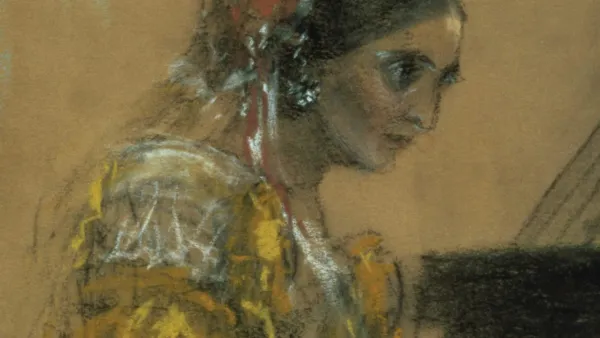Professor Stefaniak’s research focuses on piano culture and performance during the nineteenth century. He teaches courses on topics ranging from eighteenth-century opera to the twentieth-century culture of “classical music."
Alexander Stefaniak explores how virtuoso pianists embodied, shaped, and capitalized upon the ideals and aspirations of nineteenth-century musical culture. His work integrates methodologies that range from archival research to music analysis, and topics that include performance practices, concert programming, gender, canon formation, and musical aesthetics. Stefaniak is the author of two monographs: Becoming Clara Schumann: Performance Strategies and Aesthetics in the Culture of the Musical Canon (Indiana University Press 2021), and Schumann’s Virtuosity: Criticism, Composition, and Performance in Nineteenth-Century Germany (Indiana University Press, 2016). His work has also appeared in edited volumes and scholarly journals, including the Journal of the American Musicological Society, Music & Letters, and Journal of Musicology.





